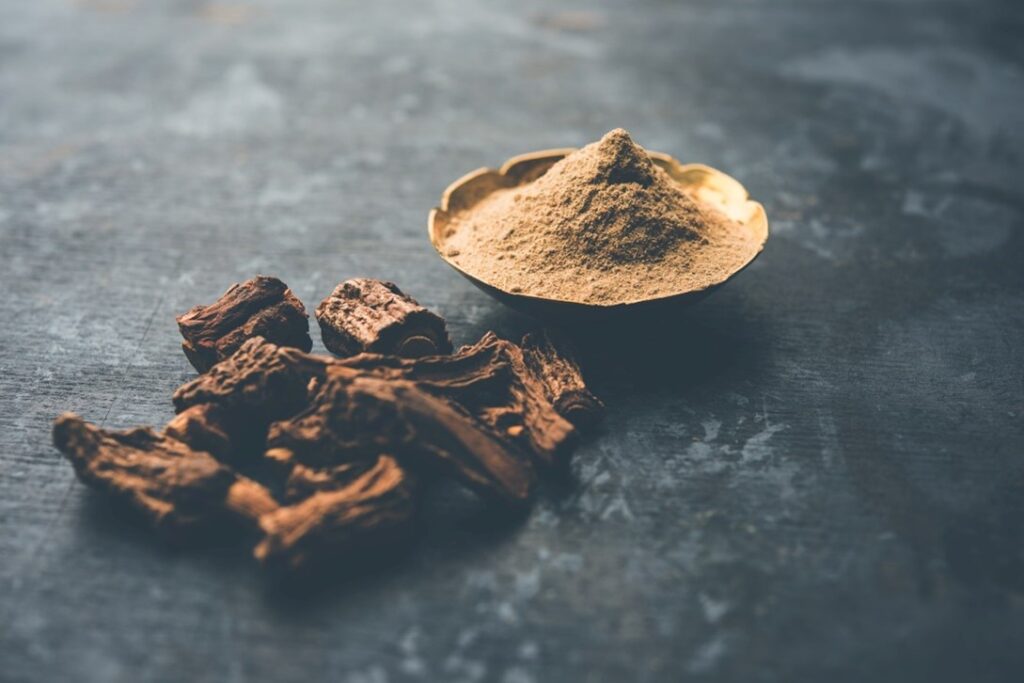
Functional medicine hasn’t always been an average biomedical endeavor. It’s a unique patient-centric approach that relies on extensive patient history and knowledge of lifestyle factors to explore the root causes of poor health. It also makes patients and doctors into investigative partners, rather than using the typical paternalistic approach of modern biomedicine.
More recently, the individualized practice with traditional tribal healing modalities has been incorporated into modern care. Indigenous communities around the world have increasingly faced health risks that require culturally sensitive care. In this sense, they’re no different than the average patient who must have trust in their healer, diagnosis, and treatment model.
Dr. Steven C. Davis Chiropractor has examined what these two healing frameworks had in common and how both modern scientific evidence and tribal health could adapt and work together.
Understanding Functional Medicine
Functional medicine’s treatment paradigm focuses on identifying and addressing the root causes of a disease. Rather than a doctor who simply treats symptoms, these practitioners go deeper to try and grasp the complex interplay of genetic, environmental, and lifestyle factors that influence an individual’s health.
This openness to personalized care, along with fully understanding the background of a single patient, means that functional medicine practitioners are well-placed to give culturally sensitive care. These doctors thrive when it comes to forming closer therapeutic relationships with patients.
Exploring Tribal Healing Practices
Tribal healing as a whole can mean many things. It may involve herbal remedies, spiritual rituals, or communal ceremonies rooted in the cultural and environmental contexts of a distinct tribal community. However, we shouldn’t assume that this is not science-based care. We simply define “science” as Western-based inquiry, but tribal practices offer a rich array of modalities that have been used, tested, and compared over hundreds of years.
Like functional medicine, many indigenous healers also take a holistic view of health that doesn’t force patients to separate the physical, spiritual, emotional, and communal aspects of their wellbeing.
While tribal healing often emphasizes communal health and healing that we call “public health,” it also recognizes something Westerners are only just coming to realize – that health is more than the absence of disease and that bodies are “healthy” when there’s harmony between an individual, their community, and their natural environment.

Comprehensive and Culturally Literate Care
Functional medicine and tribal health modalities share a holistic view of health and a focus on root causes rather than just symptoms. What this really means, though, is that the most important aspects of medicine, such as taking a rigorous health history, doing advanced testing, and working to understand a patient’s lifestyle and environment are integral parts of both models – even if they don’t always look the same on the surface.
Even the use of herbal remedies derived from local flora, which is common in some tribal healing systems, is conducive to functional medicine since the latter emphasizes the therapeutic effects of remedies at a molecular level. Researchers can evaluate the efficacy of these remedies, their mechanisms of action and safety, and the potential interactions with other treatments just as they would a mainstream pharmaceutical.
In the process of respecting indigenous health models, modern Western health practitioners can test and validate traditional remedies to help preserve tribal wisdom in the service of evidence-based care. They can also become more sensitive to the importance of a balanced state of physical, emotional, spiritual, and communal wellbeing. While some might label these as “psycho-social benefits,” we’re increasingly learning that this is actualy another part of the puzzle that Western medicine has long been missing.
Summary
Merging functional medicine’s evidence-based approach with tribal healing practices offers an innovative path to enhance health outcomes in underserved communities and promote culturally sensitive care. This integration can not only respect and preserve indigenous traditions, but also bring the rigor of modern scientific methods while simultaneously improving a practitioner’s understanding of whole-person care.




